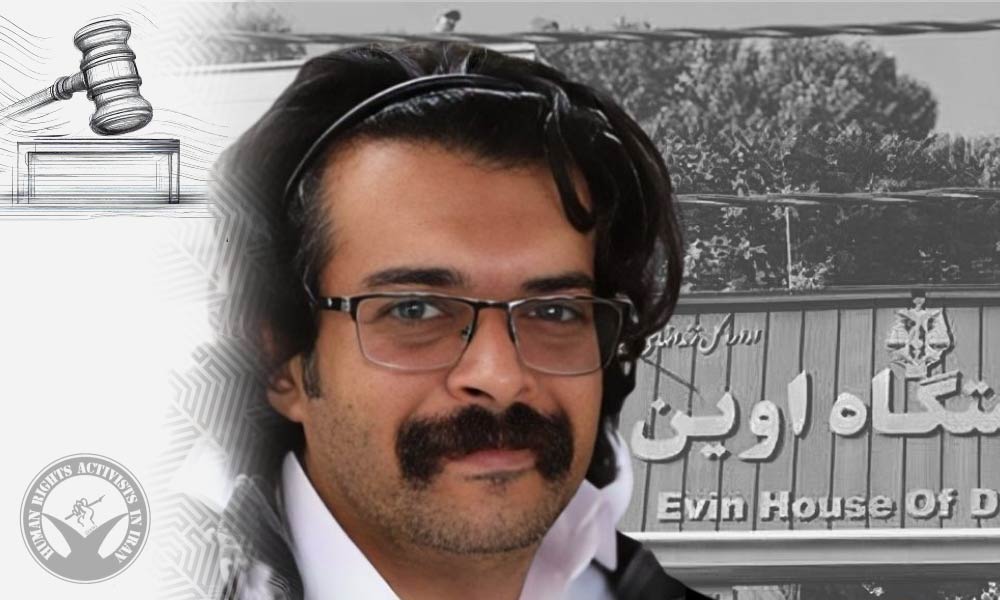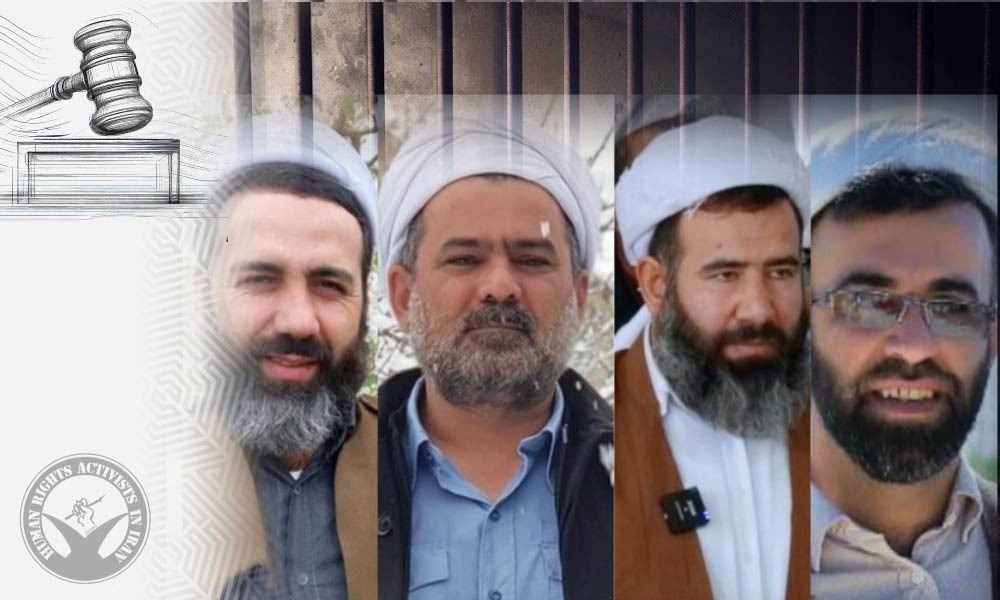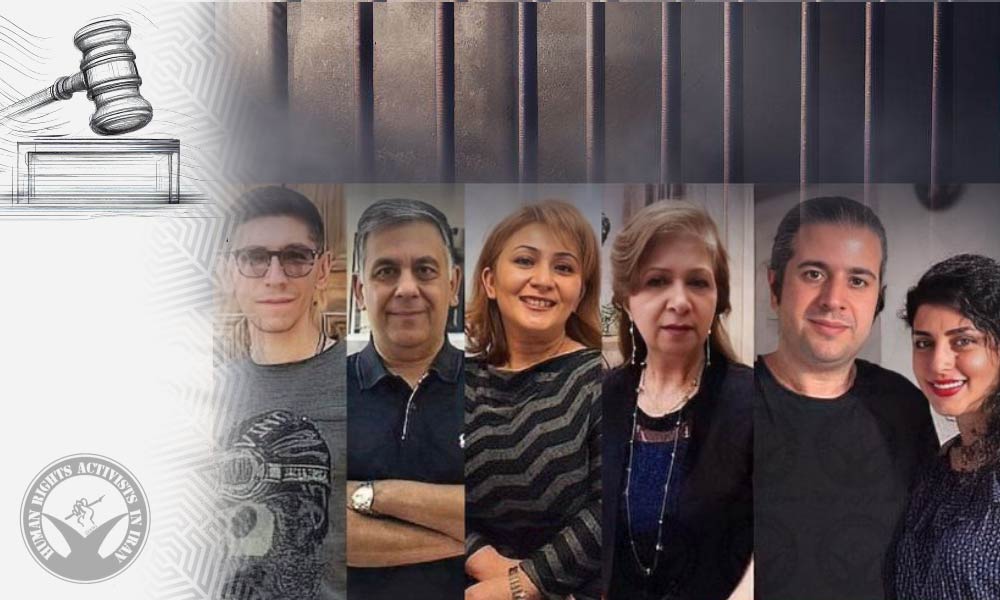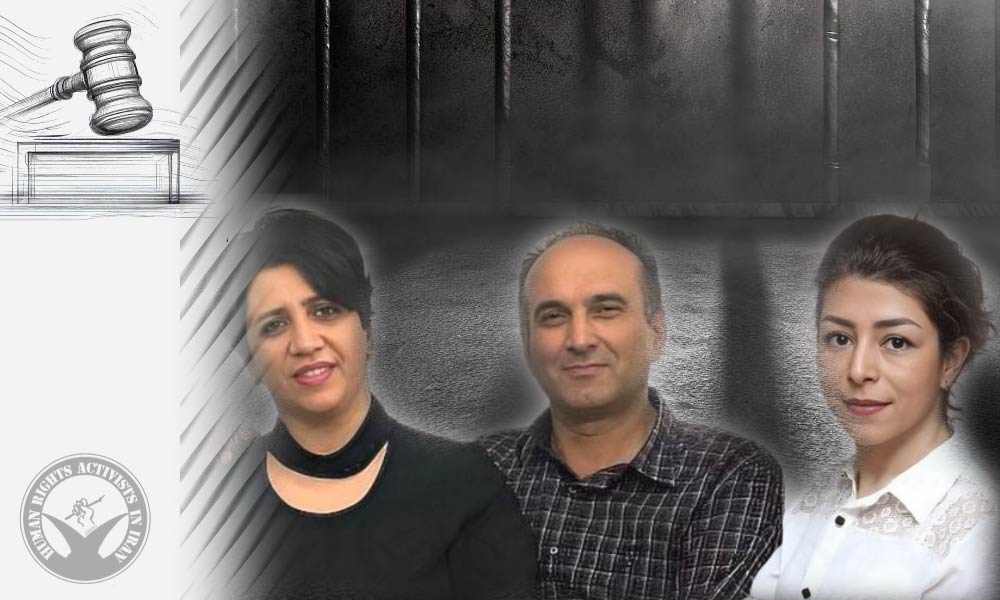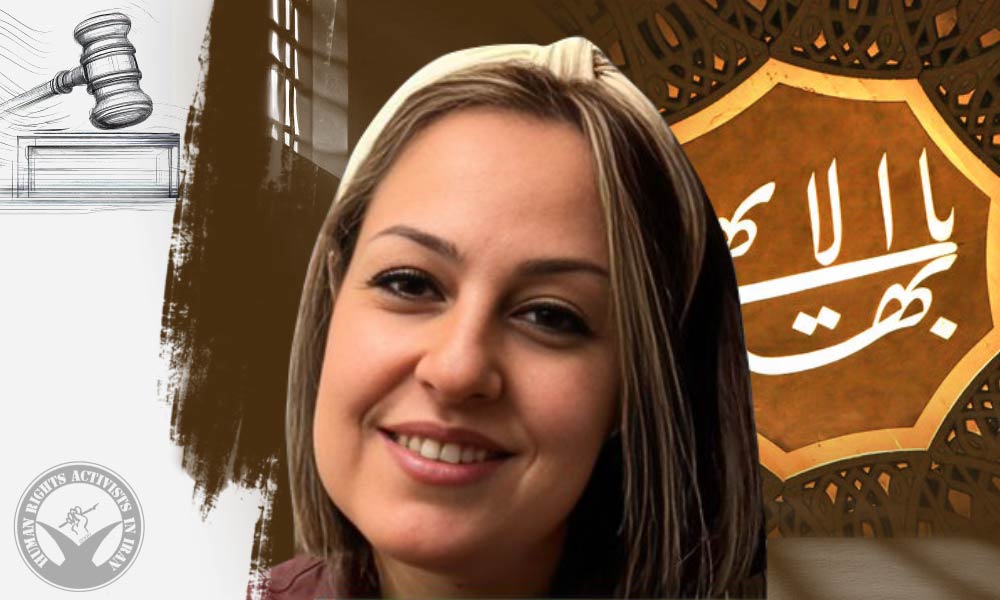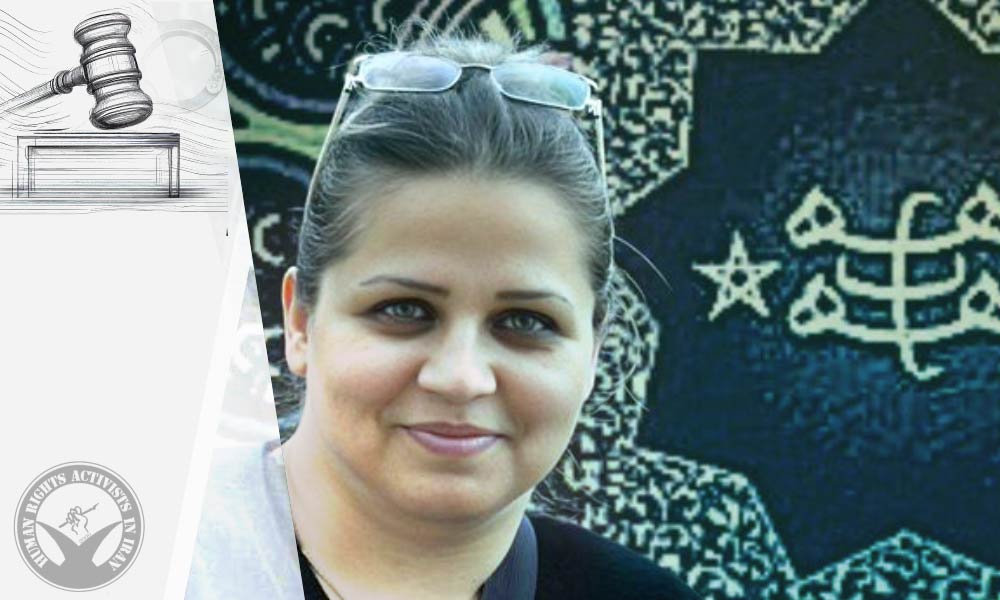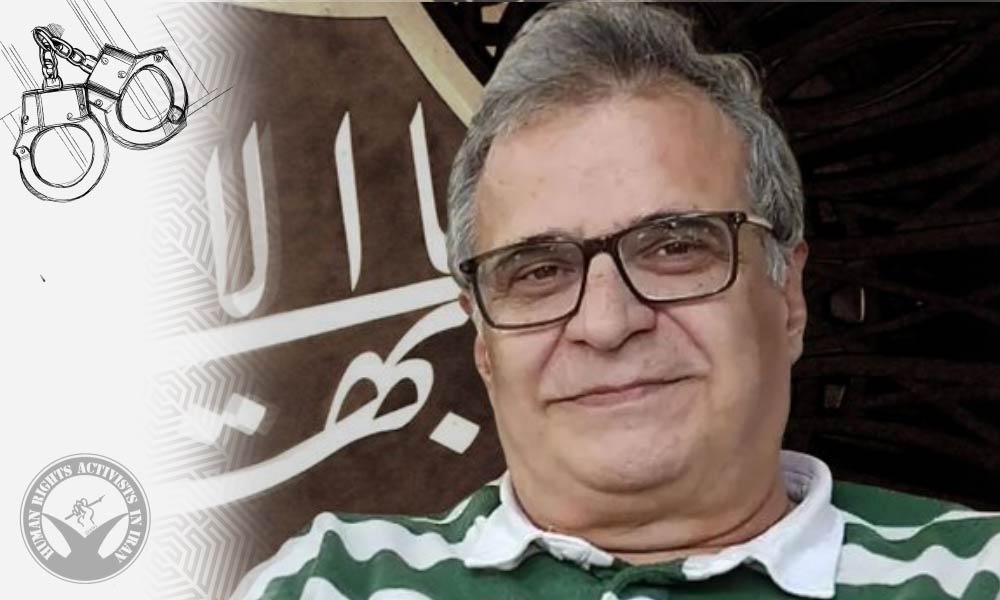The Sari Revolutionary Court has recently issued a 33-month prison sentence along with additional penalties to Baha’i citizen Saha Sabeti. Two other Baha’i individuals, Behrooz Rahmani and Sanaz Alizadeh Rooshankoohi, have also been fined and subjected to bans on educational and cultural activities.
As per the verdicts issued on November 28, 2023, Saha Sabeti has been sentenced to 33 months in prison for charges of”membership in groups acting against national security” and “engaging in educational activities and propaganda against Islamic Sharia.” Additionally, she faces a fine and a 13-year prohibition from participating in educational and cultural pursuits.
Behrooz Rahmani has been fined and sentenced to a ten-year ban on educational and cultural activities for similar charges. Likewise, Alizadeh Rooshankoohi, found guilty of “engaging in educational activities and propaganda against Islamic Sharia,” has received a parallel punishment to Behrooz Rahmani.
These individuals were indicted in August-September of this year and granted release on bail.
Saha Sabeti, who was arrested by security forces in Sari on July 31, 2022, spent 14 days in detention before being released on bail. In late July of this year, security forces conducted searches of the residences belonging to these citizens.
HRANA’s annual report has highlighted a concerning trend where, in 2022, 64.63% of reported human rights violations against religious minorities are directed toward the Baha’i community.
The Baha’i faith is not recognized as a legitimate religion by Iranian authorities, leading to systematic and longstanding violations of the rights of Baha’is in the country. This includes the denial of their fundamental right to practice their religion, which constitutes a clear breach of both Article 18 of the Universal Declaration of Human Rights and Article 18 of the International Covenant on Civil and Political Rights. The United Nations covenant holds that every person has the right to freedom of religion, freedom of converting religion, as well as freedom of expression, individually or collectively; openly or secretly.




